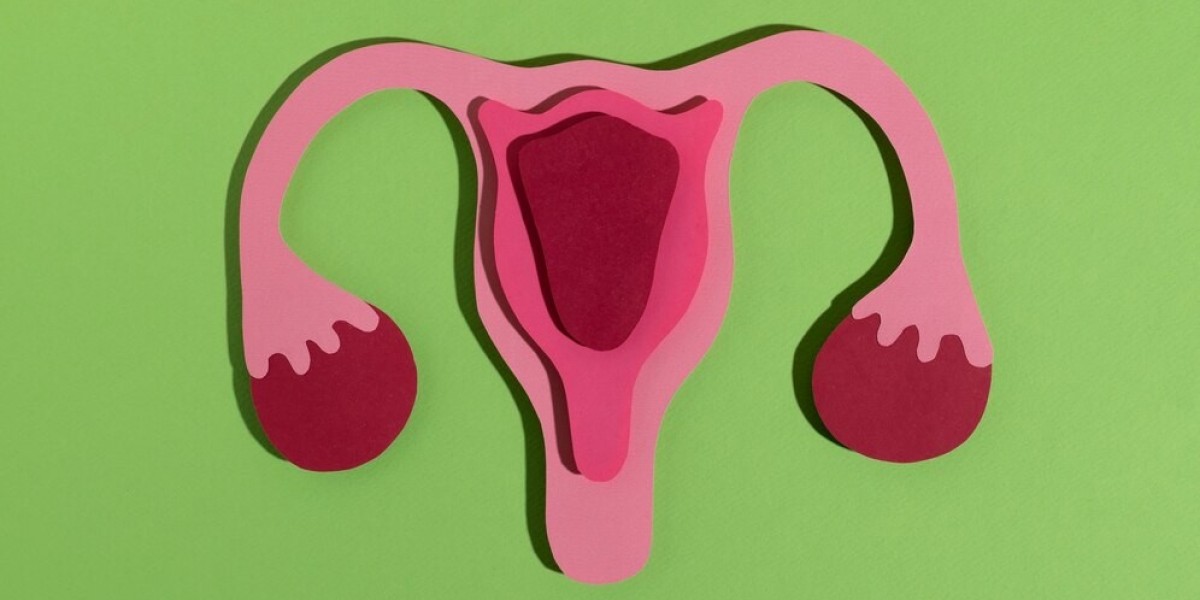However, with the right approach to hygiene, comfort, and health, the entire experience can be managed effectively. In this guide, we’ll delve into best practices for menstrual hygiene, how to manage menstrual flow, and prevent infections during your period. Let's explore how you can confidently master feminine hygiene during menstruation.
The Importance of Feminine Hygiene
During Your Period During menstruation, the body experiences a variety of hormonal and physical changes, making it essential to pay extra attention to personal hygiene.
The menstrual flow contains blood and tissue that can become a breeding ground for bacteria if not properly managed.
Maintaining hygiene not only ensures that you feel fresh and clean but also minimizes the risk of infections like yeast infections or urinary tract infections (UTIs), which are more likely to occur during menstruation.
The Importance of Feminine Hygiene during Menstruation and Choosing the Right Menstrual Products
Feminine hygiene is crucial for maintaining good health and comfort during menstruation. When menstruating, the body excretes blood and other materials that can cause irritation or infection if not managed properly.
Proper hygiene practices can help prevent common issues such as vaginal infections, discomfort, and unpleasant odors.
Selecting the right menstrual products is essential for both comfort and health. There are various types of products available, each catering to different needs.
How Diet Impacts Menstruation and Feminine Health?
A well-balanced diet is essential not only for general health but also for regulating the menstrual cycle and supporting feminine hygiene. What you eat can either ease or exacerbate the symptoms of menstruation, such as bloating, cramps, and fatigue.
Furthermore, the nutrients from a healthy diet can influence the effectiveness of your body’s hygiene practices during your period.
Managing Menstrual Discomfort
For menstrual cramps, over-the-counter pain relievers like ibuprofen or acetaminophen can help alleviate pain. Alternatively, using a heating pad or hot water bottle on your abdomen can provide soothing relief.
While exercise may seem like the last thing you want to do during your period, light physical activity can help reduce cramps and bloating. Yoga, walking, and other gentle exercises can enhance blood circulation and ease discomfort.
Stress can exacerbate menstrual symptoms. Make sure to prioritize rest during your period. Consider practicing mindfulness or meditation to manage stress and alleviate mental discomfort.
How best panty liners play a role in Menstrual Feminine Hygiene?
Panty liners are commonly used to absorb vaginal discharge or light spotting, helping women stay fresh and clean throughout the day. They prevent any leakage from staining underwear and provide an extra layer of protection against odor.
For women who have lighter days at the beginning or end of their period, the best panty liners are an effective way to manage the flow. They can also be used alongside tampons or menstrual cups to catch any residual leakage.
Diet and Lifestyle for Optimal Menstrual and Feminine Hygiene
Good nutrition and lifestyle choices play an important role in managing menstrual health and maintaining menstrual hygiene. A well-balanced diet that includes fiber, vitamins, and minerals can help regulate your cycle and reduce symptoms like cramps and bloating.
Staying hydrated and avoiding excessive sugar and caffeine intake can also benefit your overall well-being during menstruation.
Regular exercise helps reduce menstrual cramps and improve circulation. Yoga, in particular, is known for its ability to alleviate tension and improve flexibility, making it a great choice during menstruation.
Stress management techniques such as meditation and deep breathing can also help balance hormones and reduce PMS symptoms.
Recognizing and Addressing Hygiene-Related Issues
If you notice a strong odor, discomfort, or irritation that doesn’t go away after changing your menstrual product, it could indicate an infection. Visit your healthcare provider to get a proper diagnosis.
Persistent itching or a burning sensation may be a sign of a yeast infection or bacterial vaginosis. Avoid using scented products and consult with a healthcare professional if the symptoms persist.
If your period is unusually heavy, causing frequent leaks or making you feel uncomfortable, consider using a higher-absorbency product. If the problem continues, consult a healthcare provider to rule out any underlying health conditions.
Pay Attention to Your Body’s Signals
Every woman’s body is different, and menstrual cycles can vary from month to month. Listen to your body and make adjustments as necessary.
If you experience unusual discomfort, prolonged bleeding, or signs of infection, it’s important to consult a healthcare provider.
Know when your period is about to start, and track how heavy or light your flow is. Watch for signs of infection, symptoms such as itching, burning, or abnormal discharge should be addressed by a doctor.
Conclusion
Mastering feminine hygiene during menstruation is all about consistency, the right products, and proper care. By following these steps — from selecting the best menstrual products to maintaining proper hygiene and managing discomfort — you can make your menstrual cycle healthier and more comfortable.









